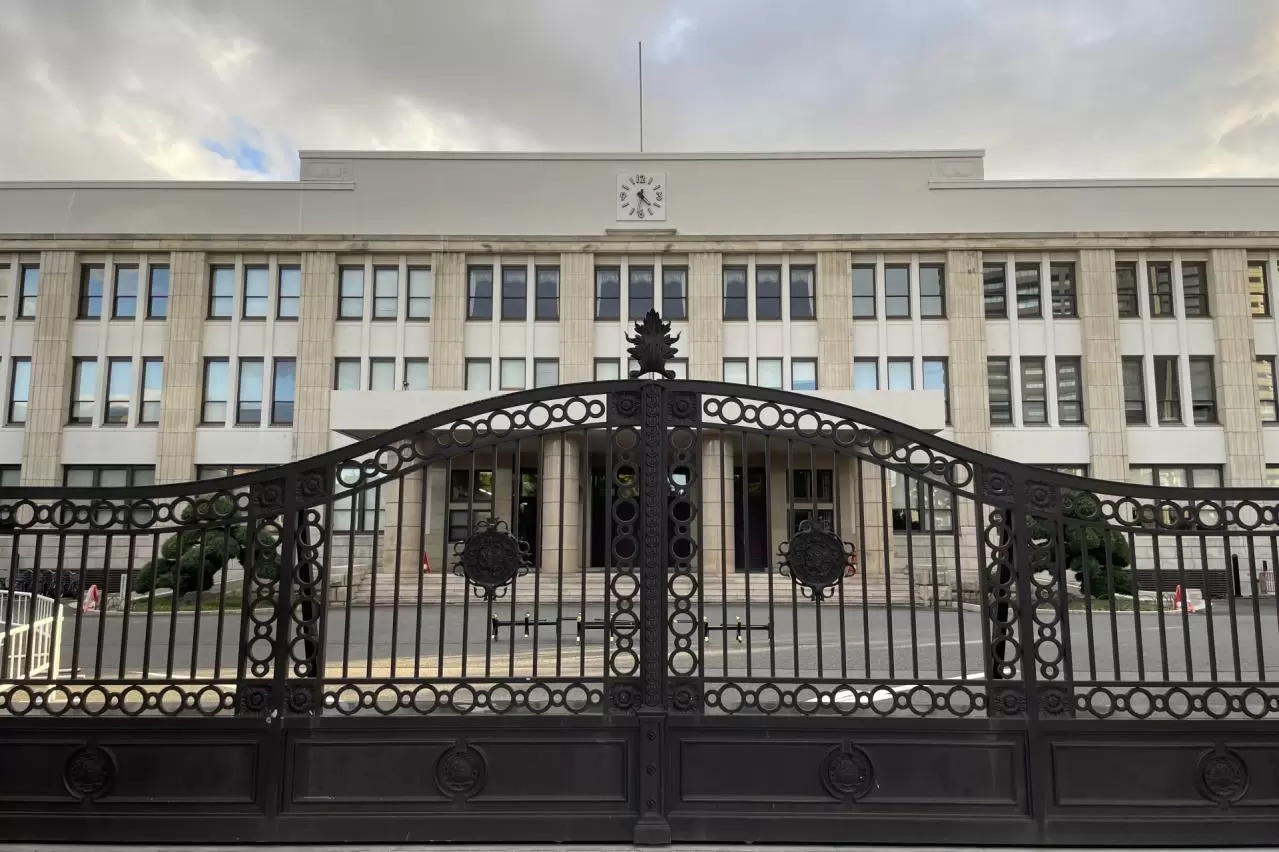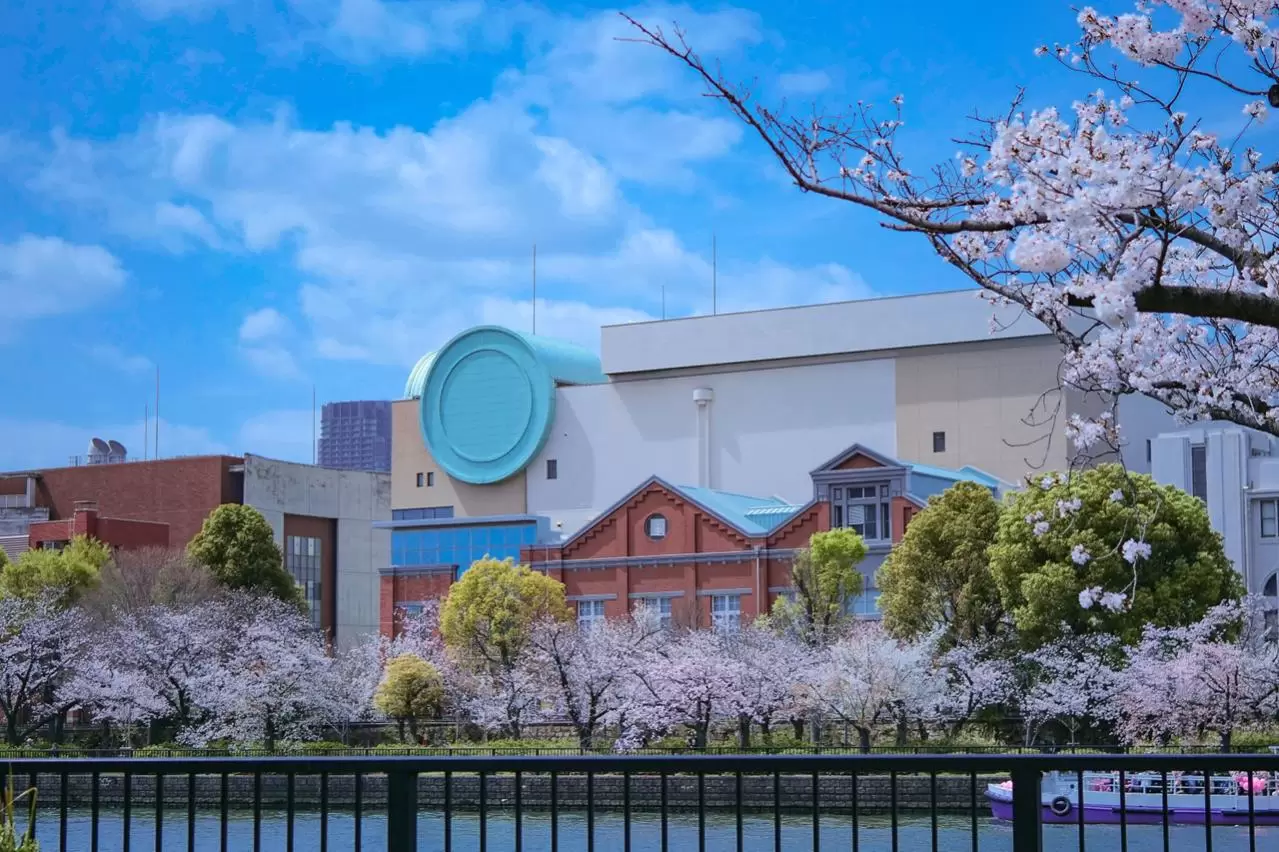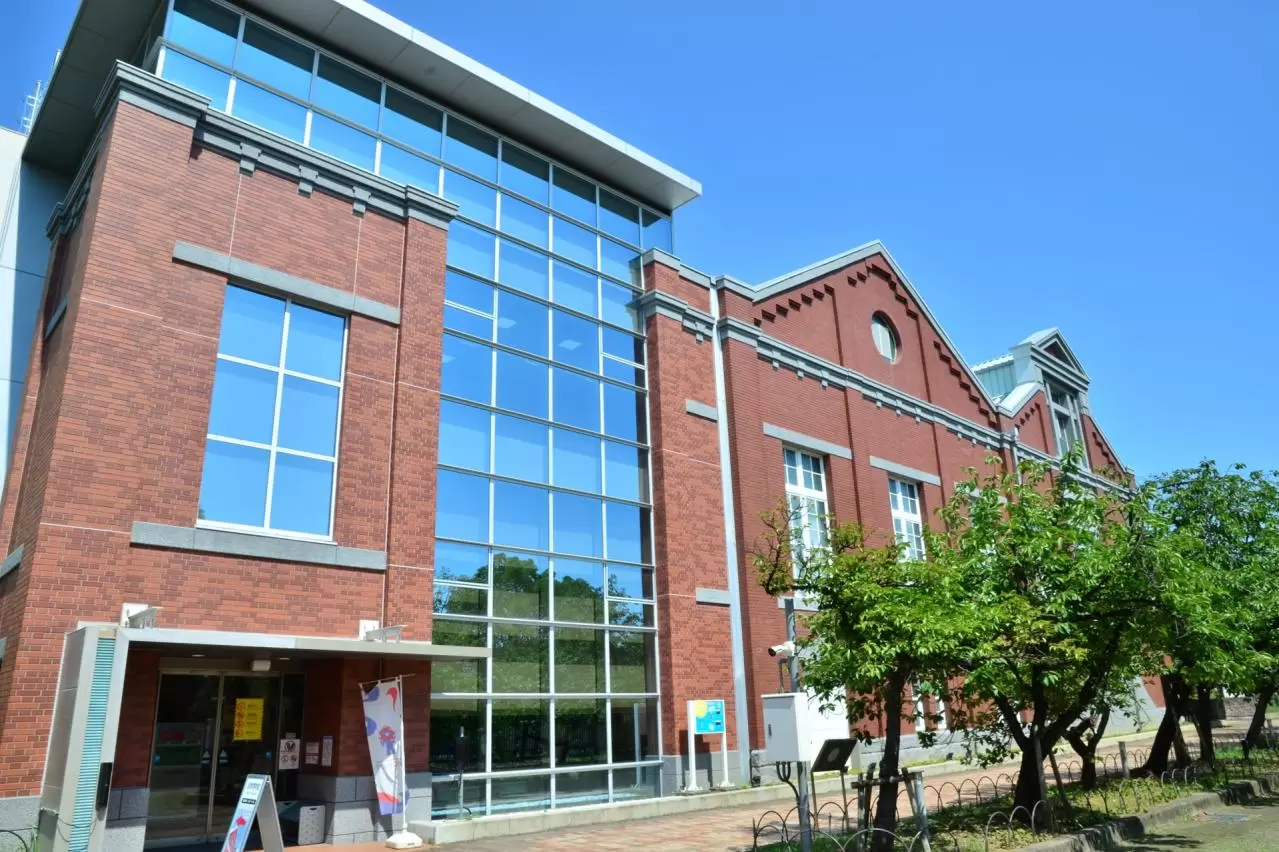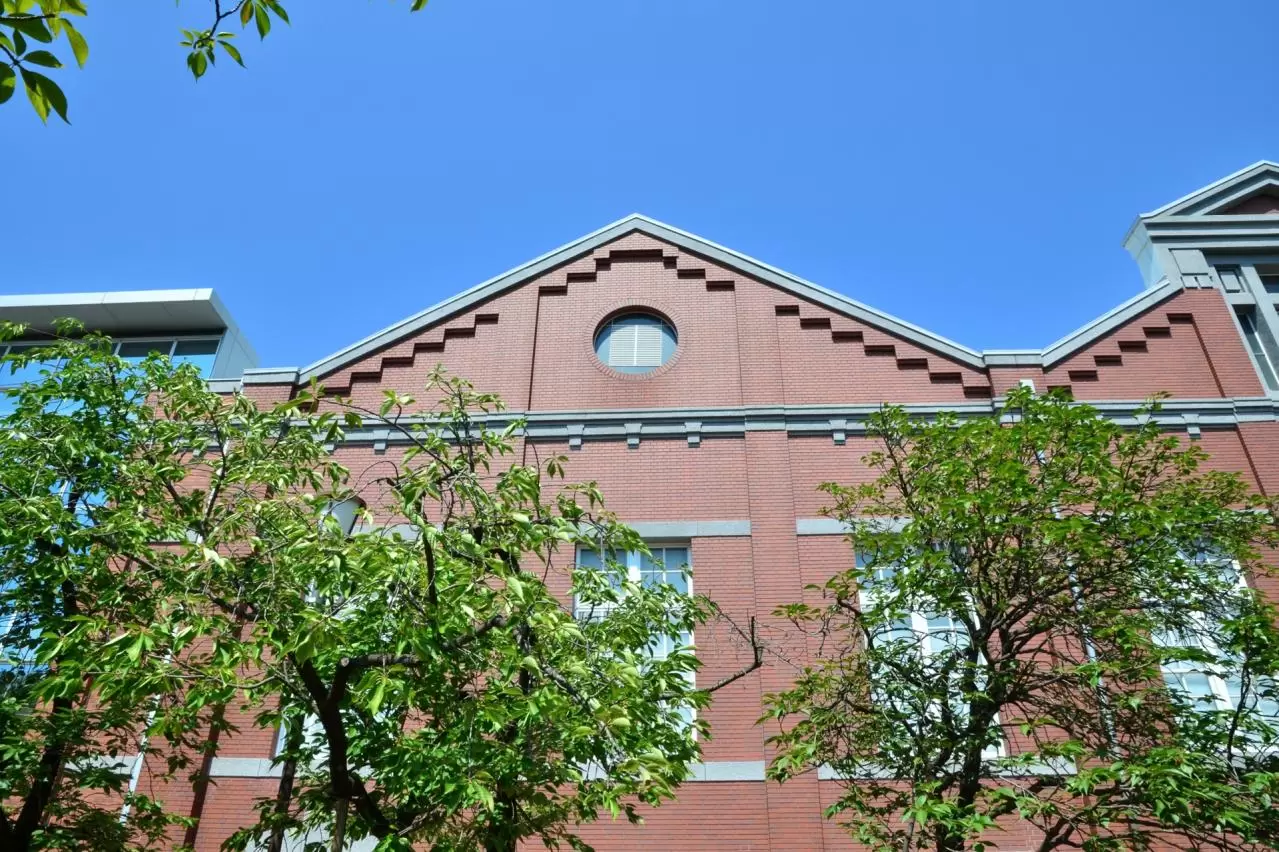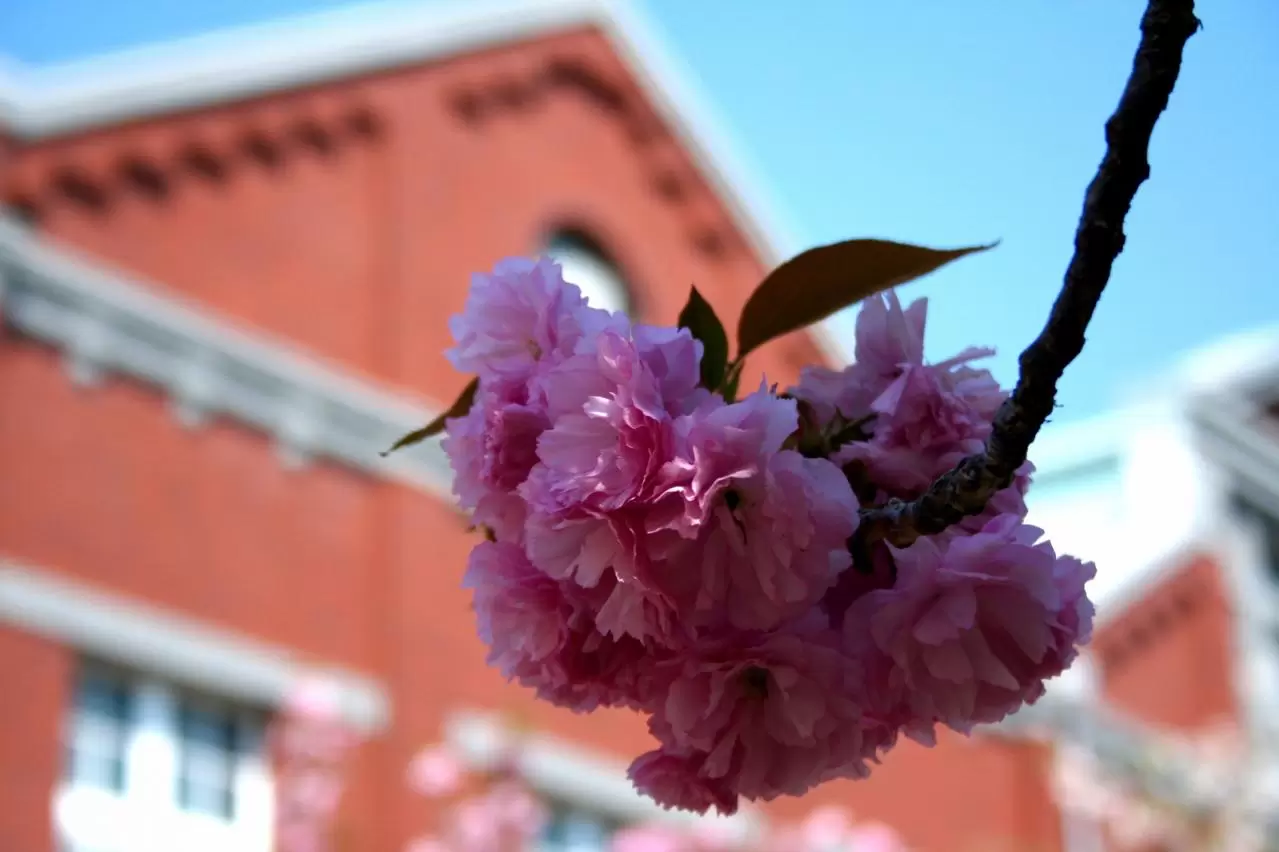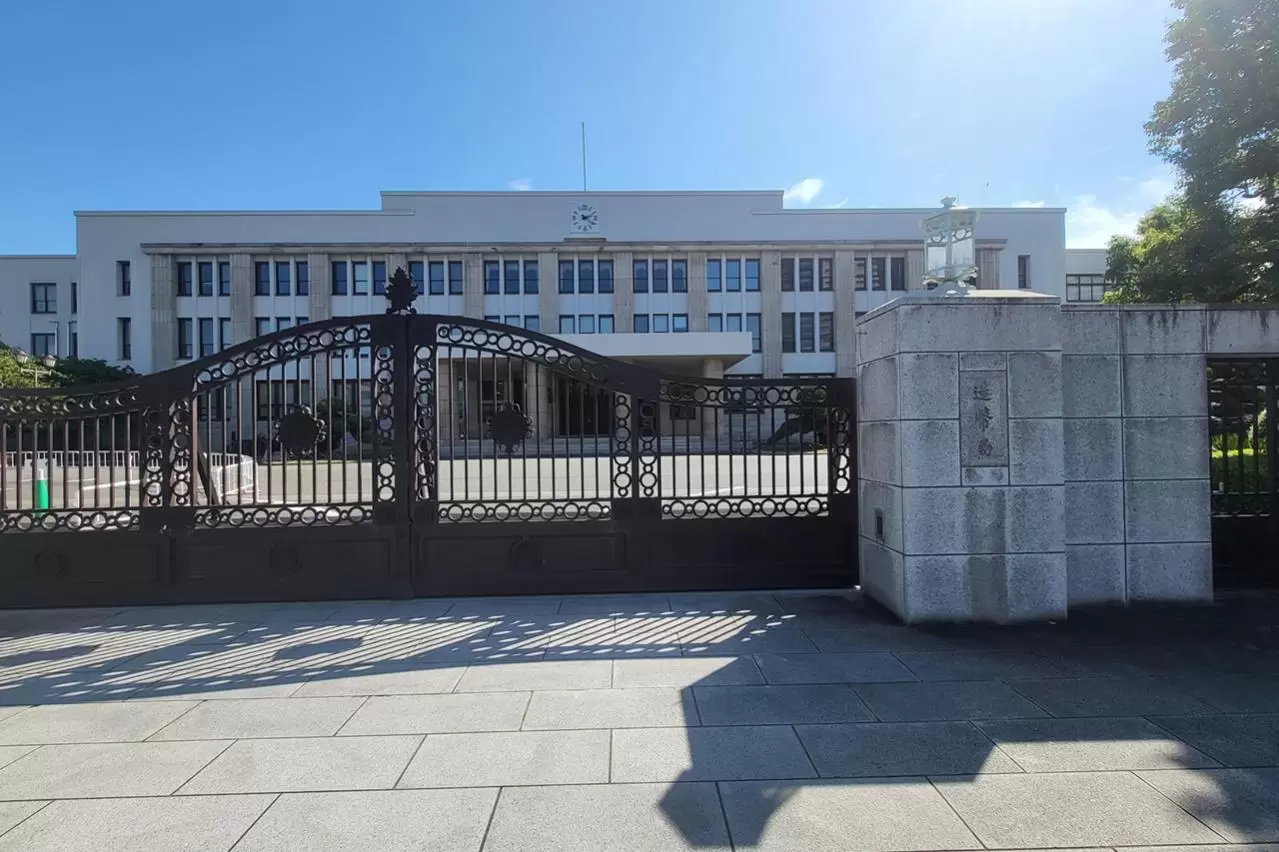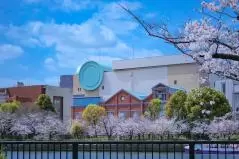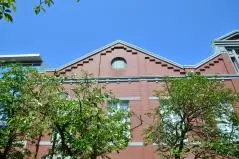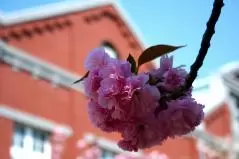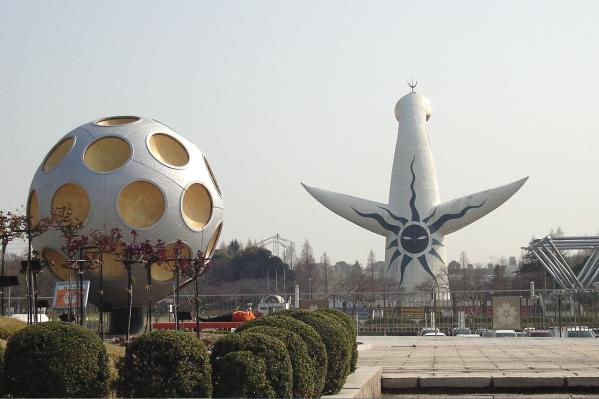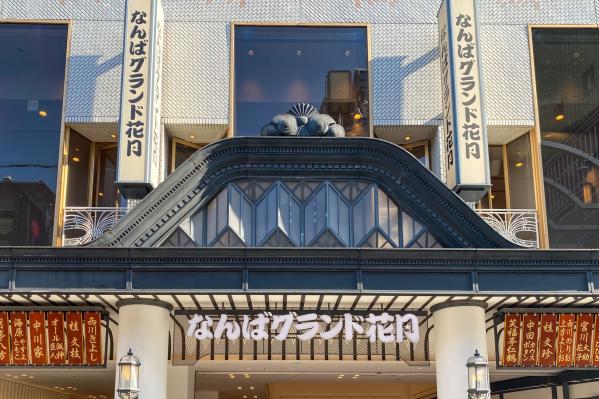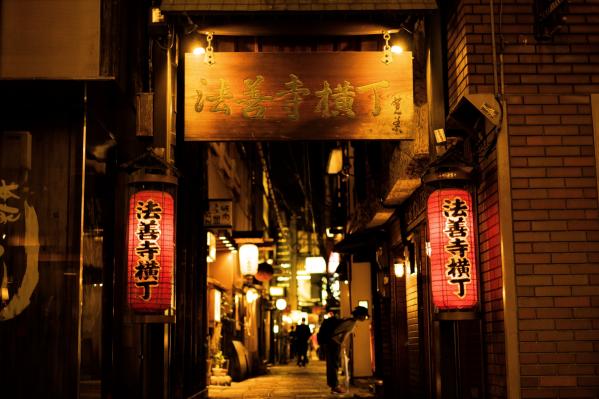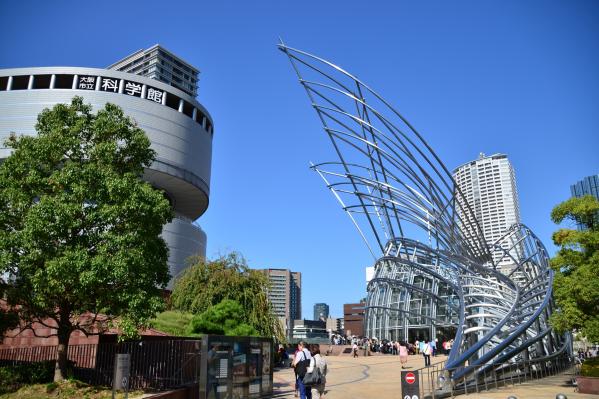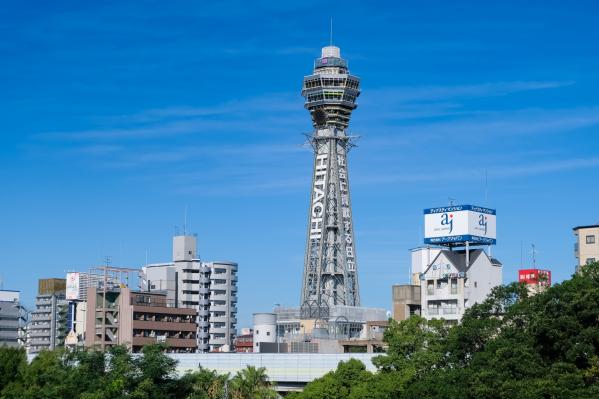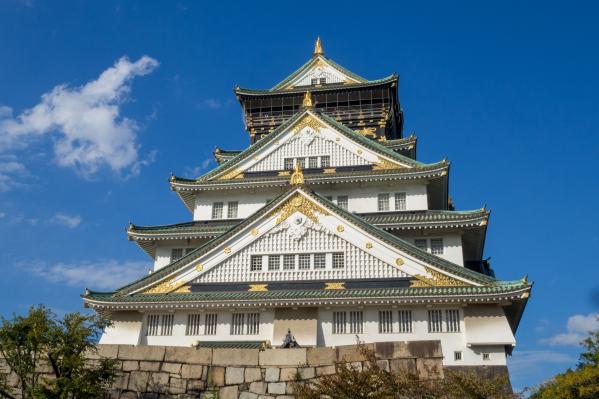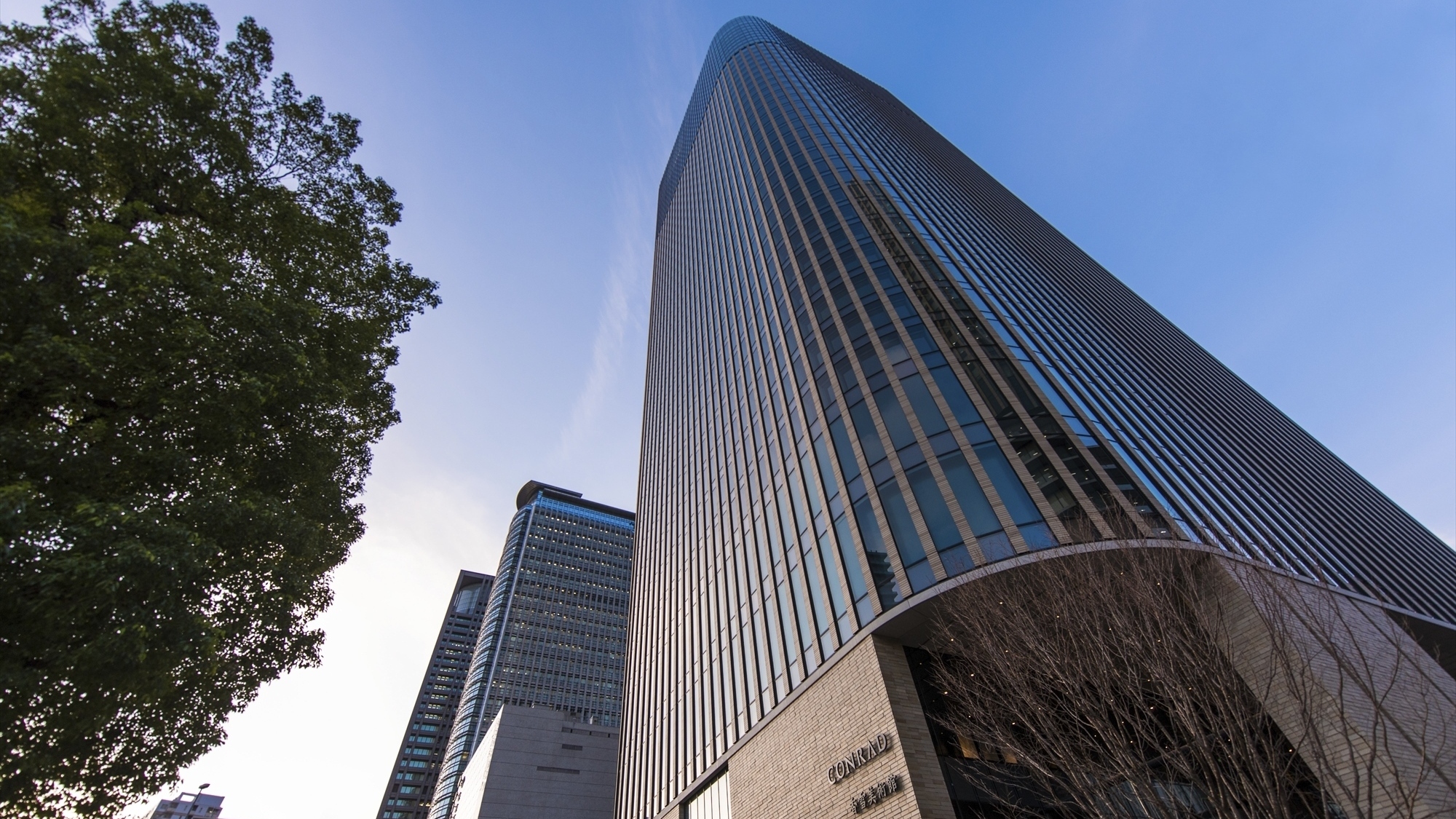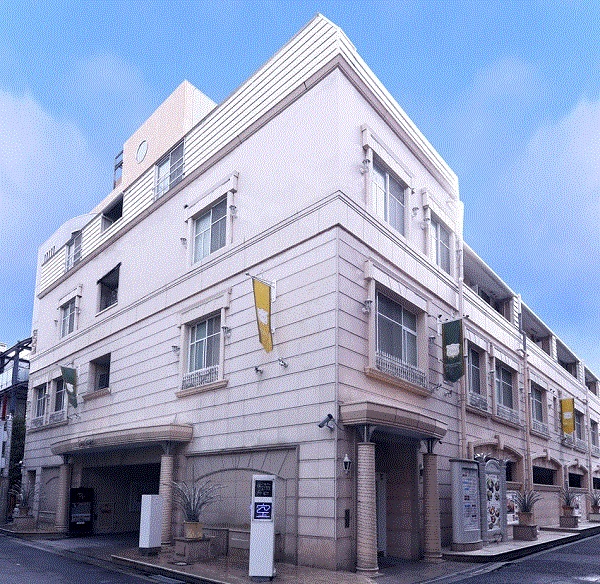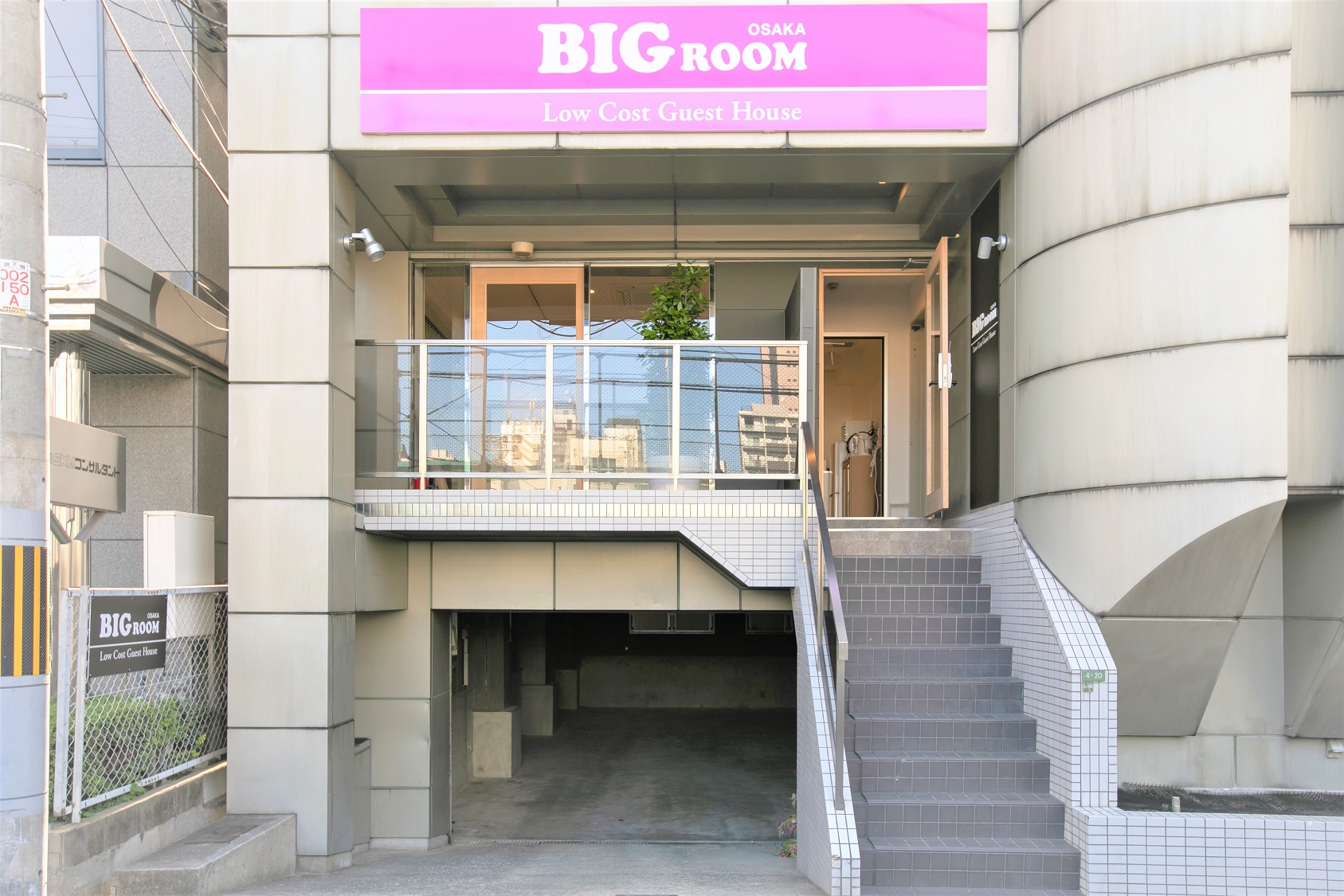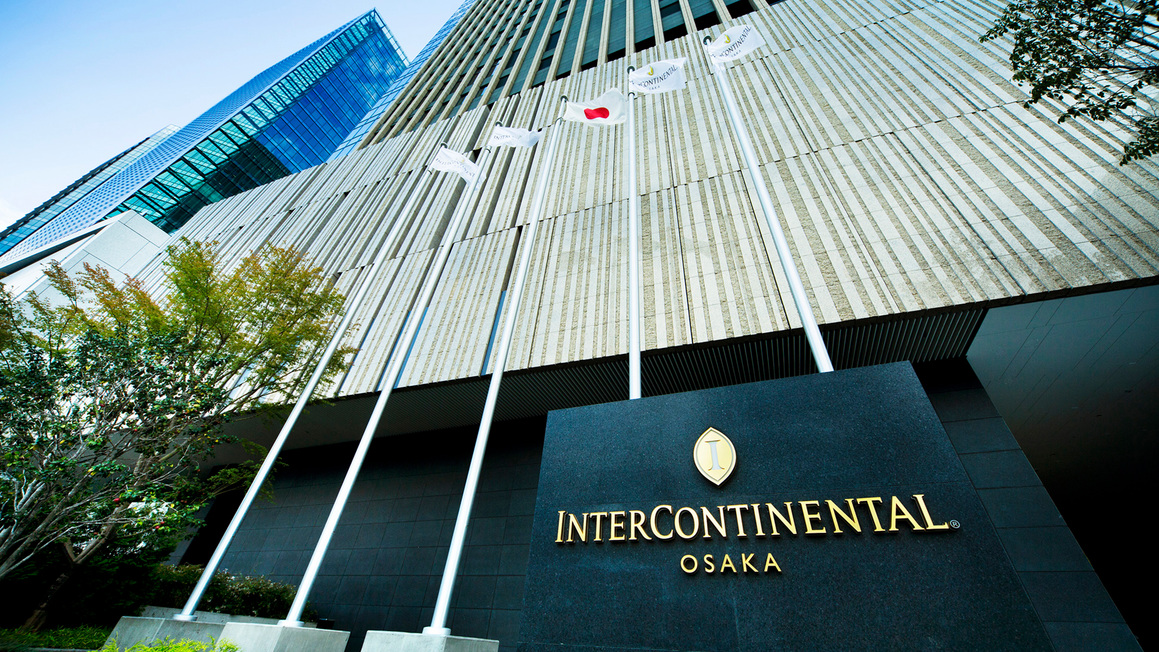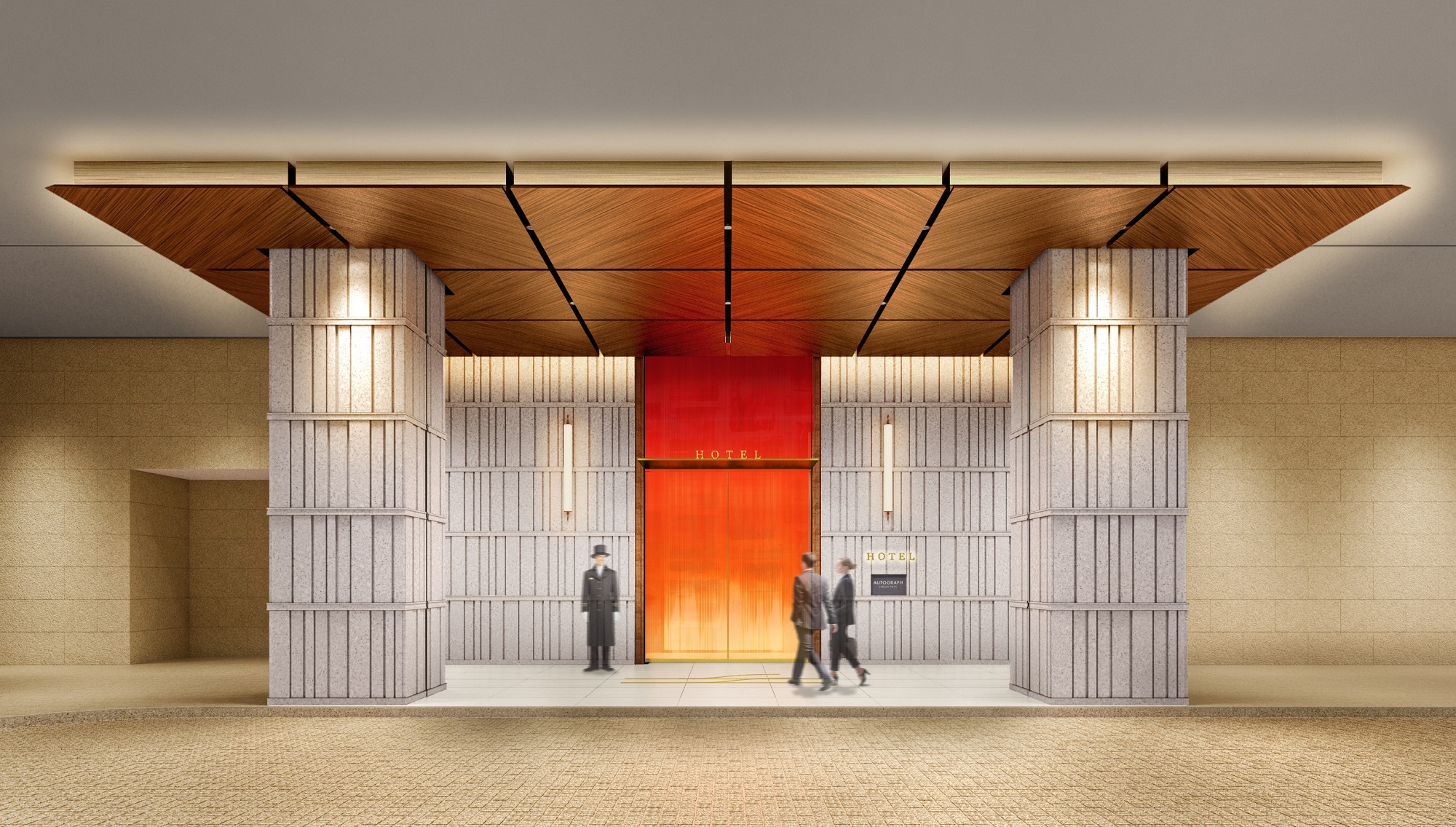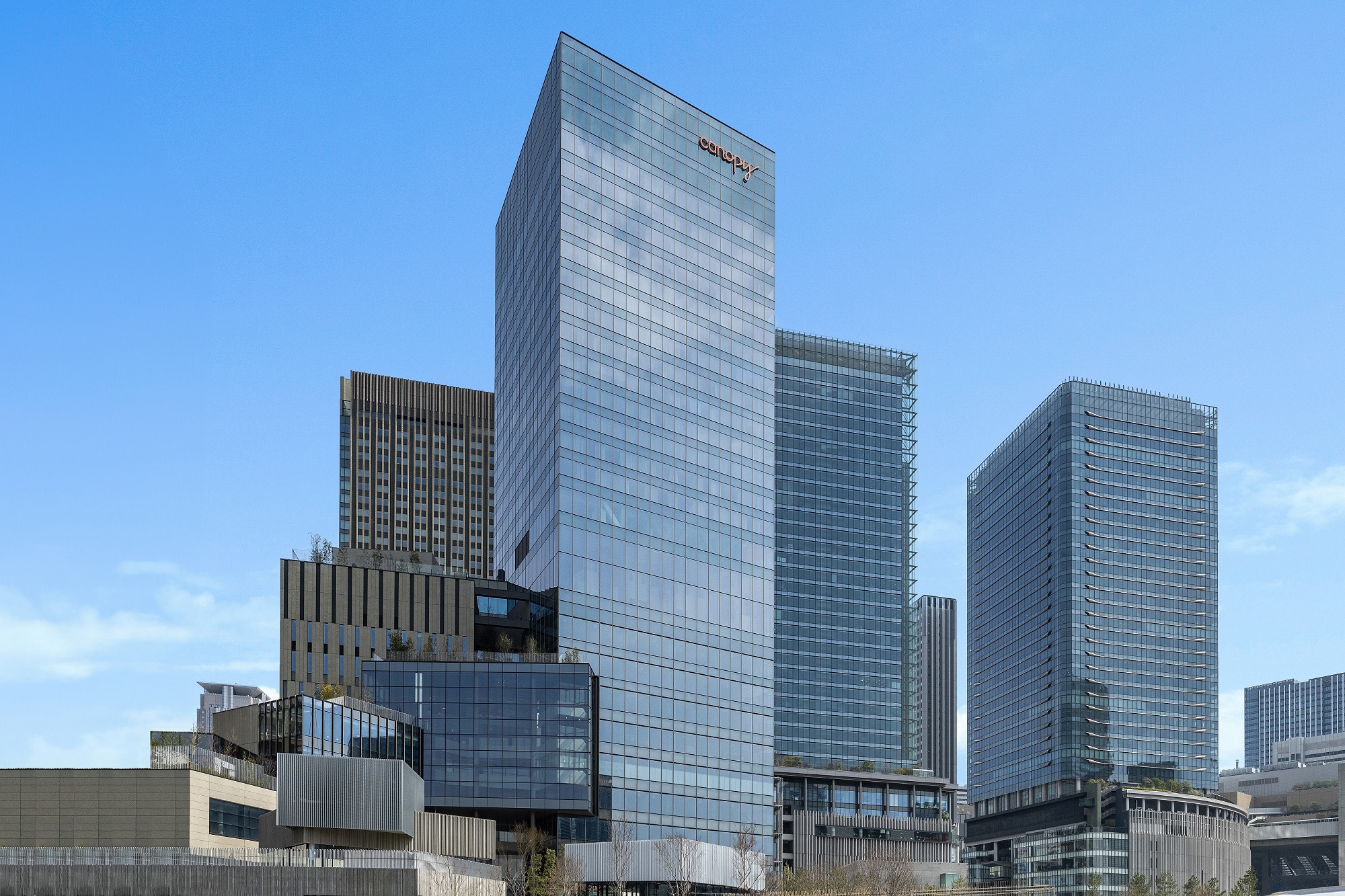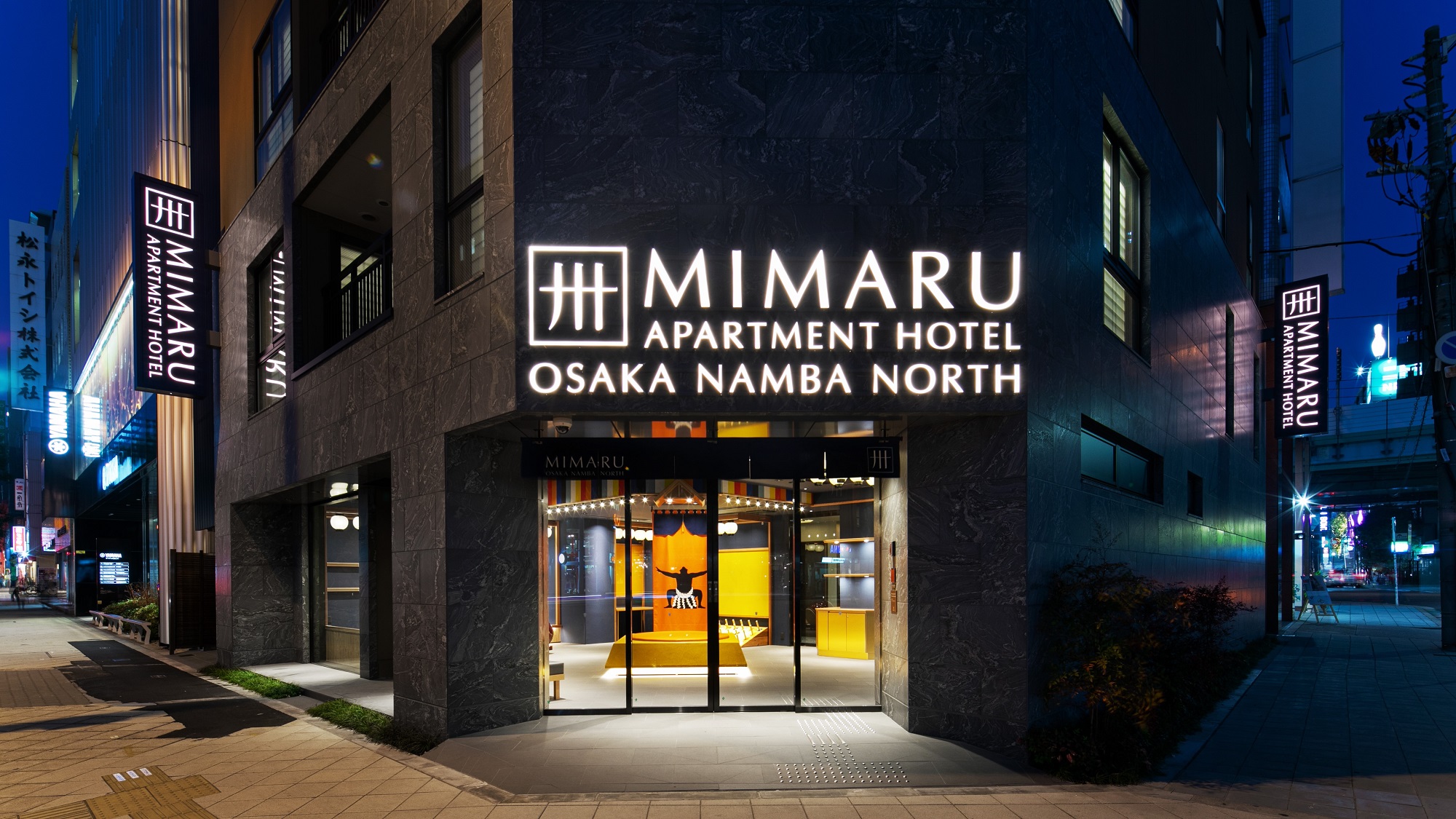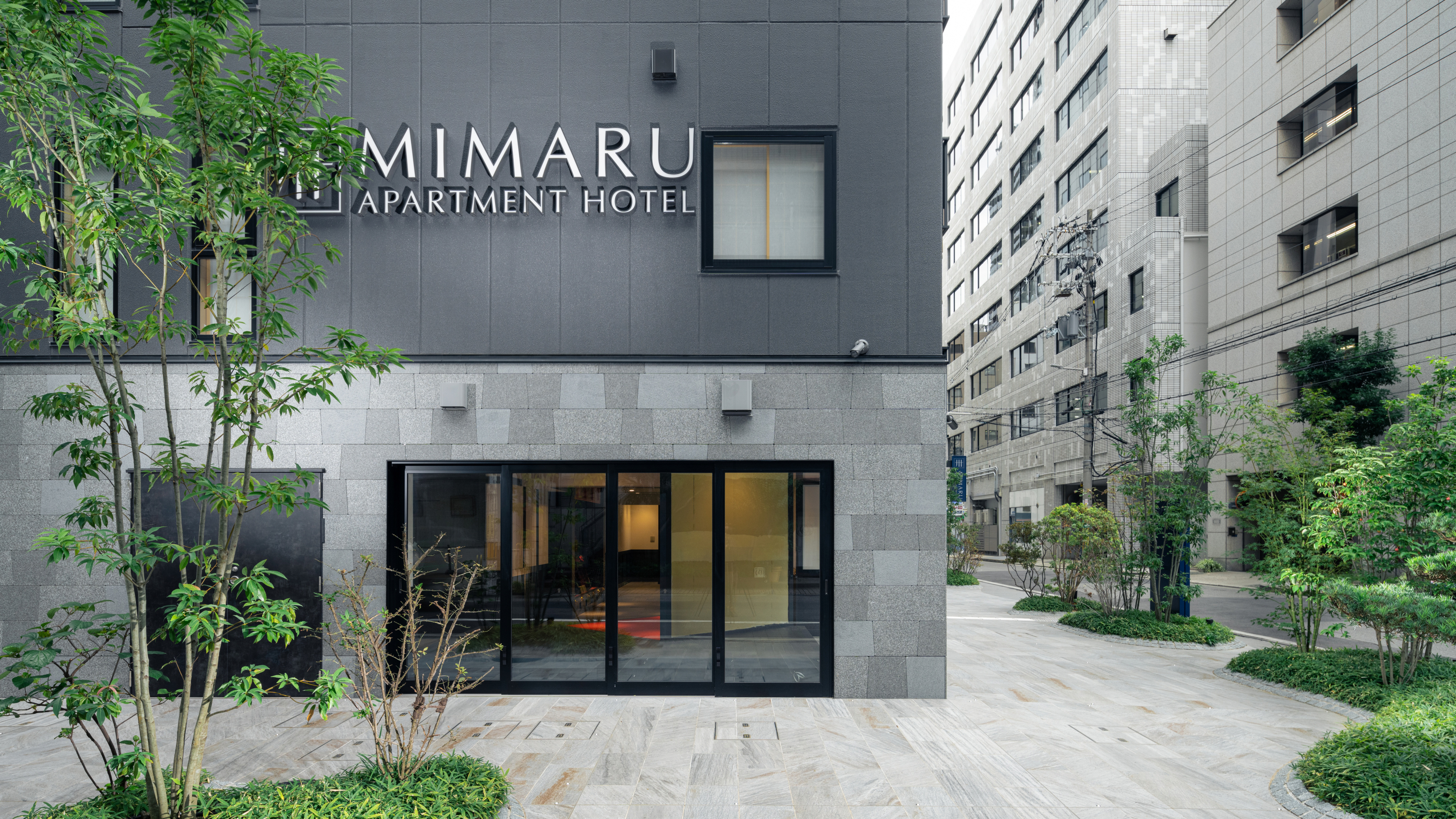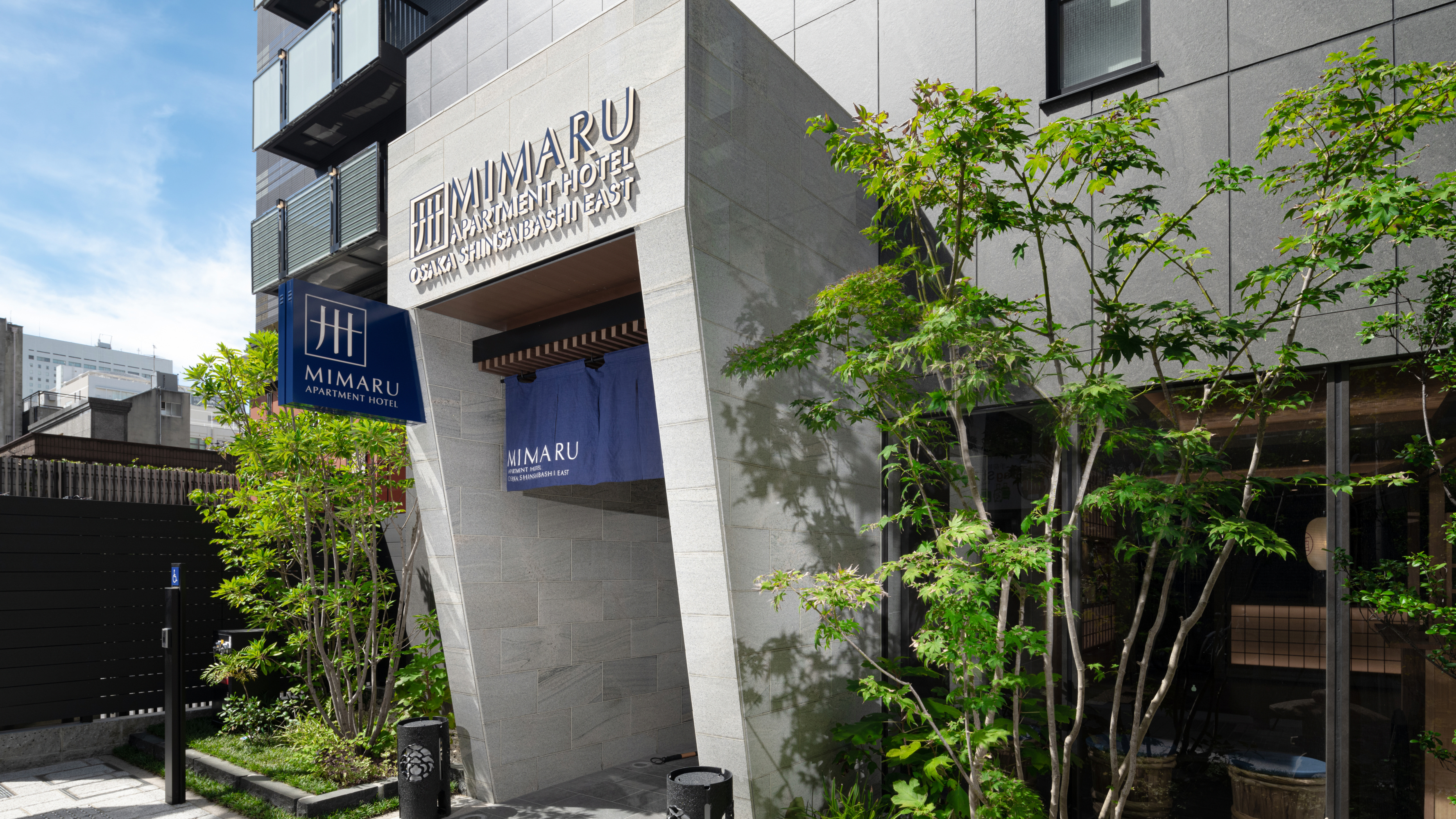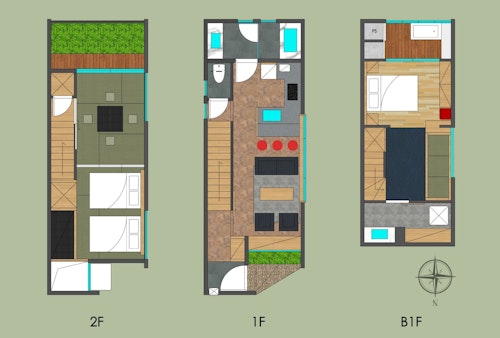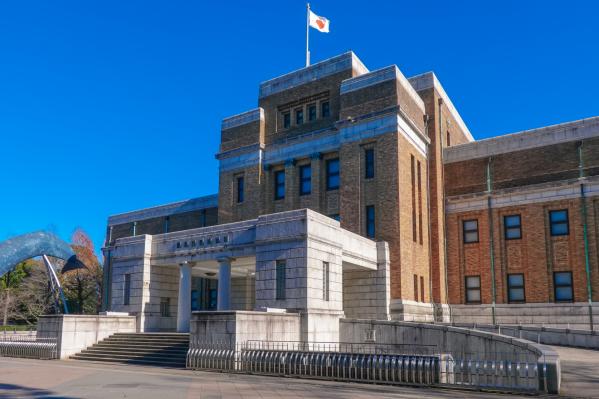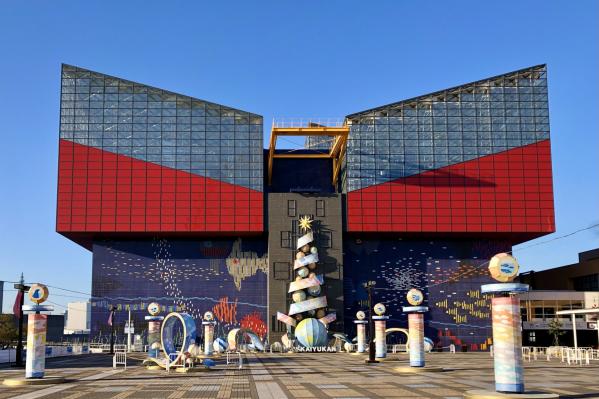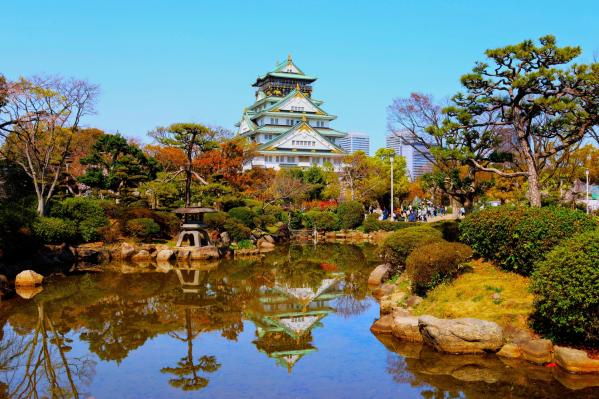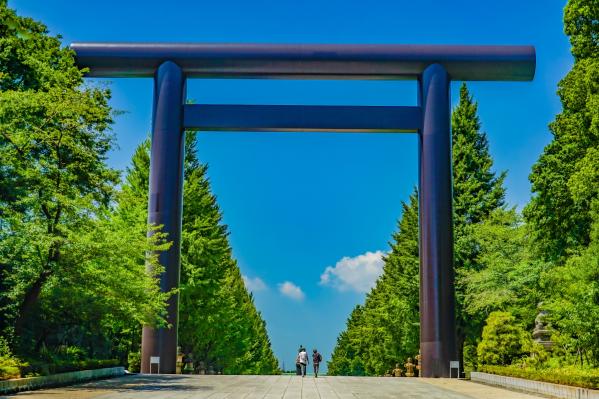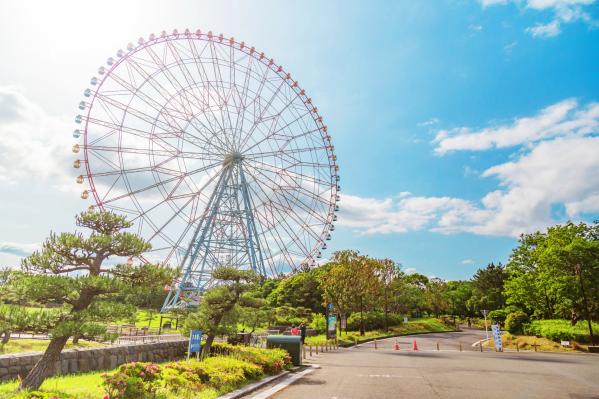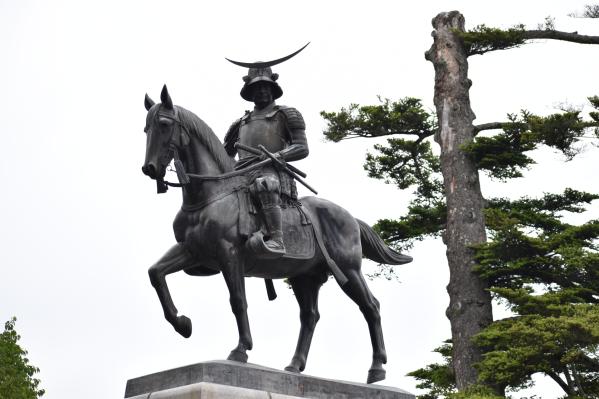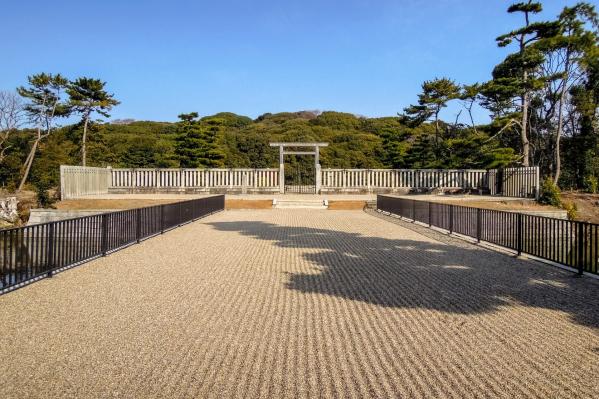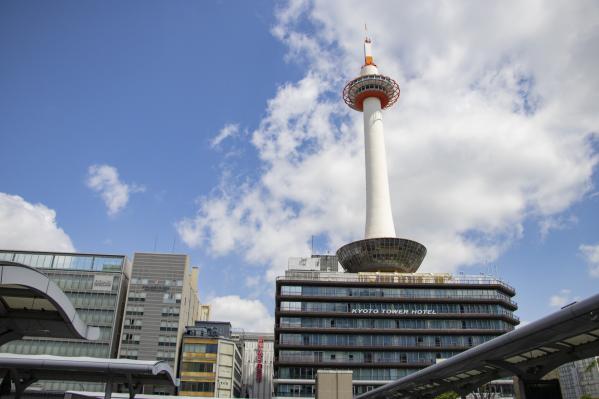Zouheikyoku
Basic Information
- Spot Name
- Zouheikyoku
- Location
- 〒 530-0043 1-1-79 Tenma, Kita Ward, Osaka City
- Access
- Take the Osaka Metro Tanimachi or Sakaisuji Line to “Minamimorimachi” Station and walk for about 15 minutes.
Take the JR Tozaisen Line to “Osaka Temmangu” Station and walk for about 15 minutes.
Take the JR Loop Line to “Sakuranomiya” Station or “Kyobashi” Station and walk for about 15 minutes.
Get off at the Osaka City Bus “Sakuranomiya Bridge” stop, which is right nearby. - Parking
- Please use the nearby paid parking lots.
- Business Hours
- Visiting hours: (Morning) 9:00, 10:00, 10:30; (Afternoon) 13:00, 13:30, 14:30
- Regular Holiday
- Saturdays, Sundays, national holidays, and the New Year's holiday.
- Fees
- Free
- Contact Information
- Phone Number:06-6351-6150
- Official Website
Map
Detailed Information
The Japan Mint, established on April 4, 1871, in the current Tenma area of Osaka's Kita Ward, is a national institution responsible for the production of coins, medals, and metal crafts. The Meiji government aimed to rectify the chaotic currency system of the late Edo period and build a foundation for a modern state by producing coins of quality comparable to those of advanced countries, leading to the establishment of this facility equipped with Western-style machinery.
At the time of its founding in Japan, mechanical production was still underdeveloped, and much of the necessary equipment and materials were self-supplied within the Mint. For instance, it produced sulfuric acid, soda, and coal gas, as well as telecommunications equipment and precision instruments such as scales and clocks. On the administrative side, double-entry bookkeeping was introduced for the first time in Japan, and even ink was made in-house, showcasing advanced practices in every field. Additionally, the Mint actively implemented Westernization policies, such as haircutting, Western clothing, and the abolition of swords, becoming a symbol of modernization.
Thus, the Japan Mint played an important role not only as a mere coin production facility but also as a pioneer of Western culture's transplantation and modern industry in early Meiji. It is said to have laid the groundwork for Osaka's development into a commercial and industrial city as we know it today.
Currently, in addition to coin production, the Mint is engaged in the manufacturing of medals, commendations, commemorative coins, collector coin sets, and metal crafts, as well as refining precious metals like gold, silver, and platinum, issuing purity certificates (hallmarks), and conducting mineral analysis and testing. This advanced technology contributes to the stability of Japan's currency system and the improvement of the citizens' living standards.
Within the premises, there is a "Mint Museum" where visitors can learn about the history and production techniques of currency. Furthermore, every April, a public event called "Sakura no Tōriku" is held, attracting many visitors to enjoy the full-bloom cherry blossoms, making it a vibrant part of spring.
Zouheikyoku Movies
Osaka Tourist Attractions
View ListOsaka City Museum of Fine Arts
The Osaka City Museum of Fine Arts was opened in 1936 in Tennoji Park. It consists of the main building constructed on the site of the former Sumitomo family's main ...
Expo '70 Commemorative Park
Expo '70 Commemorative Park is a vast 260-hectare park located on the site of the Japan World Expo held in Osaka in 1970. At the center of this expansive area is the...
Namba Grand Kagetsu
Namba Grand Kagetsu (NGK) is a theater often referred to as the hall of Japanese comedy culture. Operated by Yoshimoto Kogyo, this theater boasts the largest capacit...
Hozenji Yokocho
Hozenji Yokocho is an attractive spot located in the bustling district of Minami, Osaka, while still exuding a quiet Naniwa ambiance. This narrow alley, measuring 80...
The National Museum of Art, Osaka
The National Museum of Art, Osaka is uniquely located in Nakachō, Osaka, and is a rare "completely underground" art museum. Opened in 1977, it was originally located...
Grand Front Osaka
Grand Front Osaka is a large-scale mixed-use commercial complex located to the north of JR Osaka Station in the area commonly known as "Umekita." The facility consis...
Tsutenkaku Tower
Tsutenkaku, a symbol of Osaka, was built in 1912 as part of Luna Park. The original Tsutenkaku stood at 75 meters tall, boasting the title of "the tallest in the Eas...
Osaka Castle
Osaka Castle is an important architectural landmark deeply connected to Japan’s history. It started as the predecessor of the Osaka Honganji Temple (Ishiyama Honganj...
